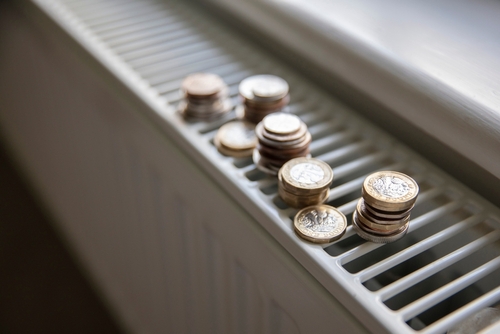National Energy Action (NEA) response to DESNZ’s Default energy tariffs for households: call for evidence
Date: 16th May 2024

Summary of our response
Maintaining the benefits of the current price cap
Research conducted by Public First explored public attitudes on the impact of the price cap. More than half of surveyed households believe that the price cap is the only thing stopping energy suppliers from charging more, that it protects vulnerable and low-income households and that the price cap means that consumers are not charged unfair prices.
The price cap was introduced to reduce loyalty premiums, or to reduce the cross-subsidisation of fixed term contracts from default tariffs. Its introduction has helped to tackle distrust among consumers that they are being charged a fair price. The public understands and values the price cap, especially the protection it has offered during the energy crisis.
Transparency in the make-up of the price cap means that prices are more easily explained to consumers and organisations such as National Energy Action can scrutinise pricing decisions in a more evidence-based way. This is important for ensuring markets work in the interests of consumers. Prior to the price cap, increases in energy costs were often explained by suppliers to be the result of policy cost increases but these increases were not properly evidenced. Inadequately explained price rises can result in mistrust from the public over policy levies. Mistrust in policy costs can have a material impact on energy bills. Carbon Brief has estimated that cuts to energy policy schemes since 2013 have added over £2.5bn to energy bills, an outcome that is the direct result of efforts to cut policy costs.
There is considerable risk that public perception is damaged through reforms to default tariff arrangements. Whatever course of action is decided upon for default tariff reform, DESNZ has a role to play in maintaining transparency and confidence. It is important that consumer groups and the consumers themselves can understand exactly why prices are changing when they change. Reforms should also carefully consider impacts on vulnerable, low-income households.
The price cap is not, however, a perfect arrangement for default tariffs. Most notably, for households with storage heating, and those with a multi-rate meter, the price cap does not adequately pass through the benefits of off-peak consumption. There are around 1.4 million households that use storage heating in Great Britain5. For households with a multi-rate meter, NEA shares concerns with other organisations about how they are treated in the price cap. Existing default tariff arrangements do not work particularly well for these households, especially because of the absence of advice and tools available for these households to load shift. Around 3 million households are on these multi-rate arrangements, and they are not seeing the full benefit of lower wholesale electricity costs at night and face a lottery in terms of what they pay with significant variations in Economy 7 tariffs depending on supplier, region, and payment method. There is an opportunity in default tariff reform to lower costs for these households without adding costs to bills of others.
Around 86% of consumers are currently on default tariffs. Though the price cap was not intended to provide deep price support for consumers, it is clear that consumers rely on the price cap as a form of price support. This call for evidence does not explore how deeper price support could work for low-income consumers in the future, which is important for maintaining consumer trust and confidence. DESNZ should recommit to consulting on the introduction of a social tariff, or other form of deeper price support for low-income consumers. The introduction of a social tariff could de-risk the process of reform for default tariffs, by ensuring that many of the households who currently rely on the energy price cap receive protection through another mechanism.
Resources
© 2024 NEA all rights reserved.

